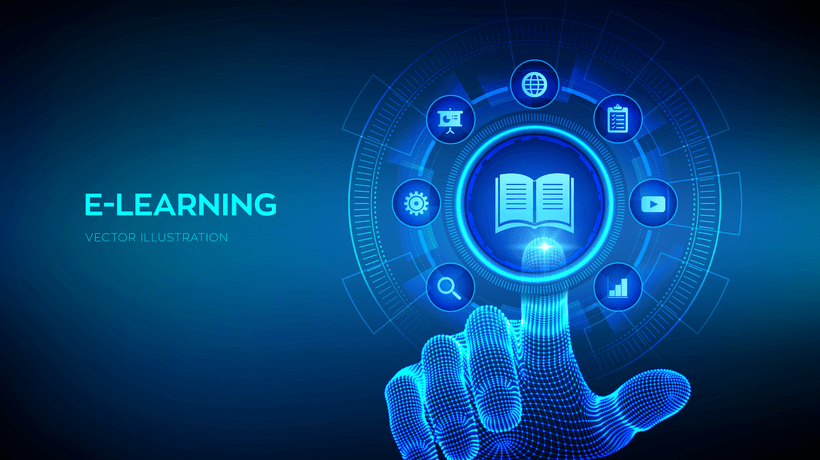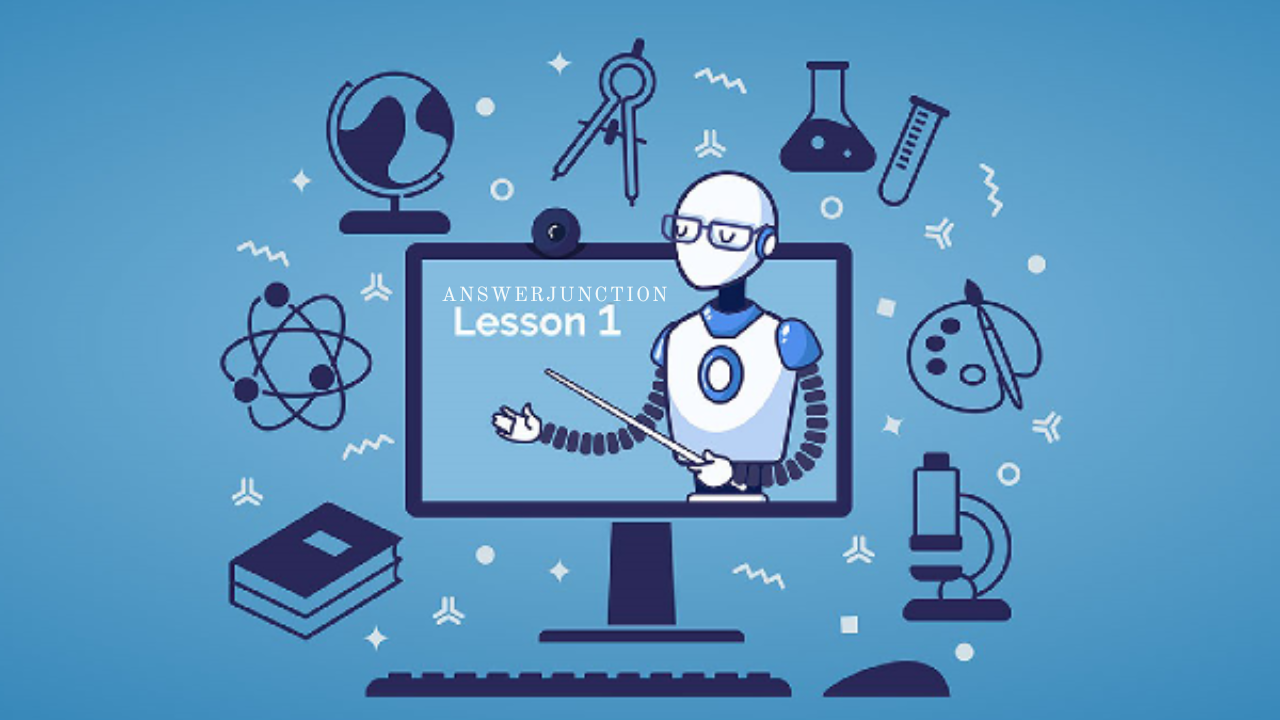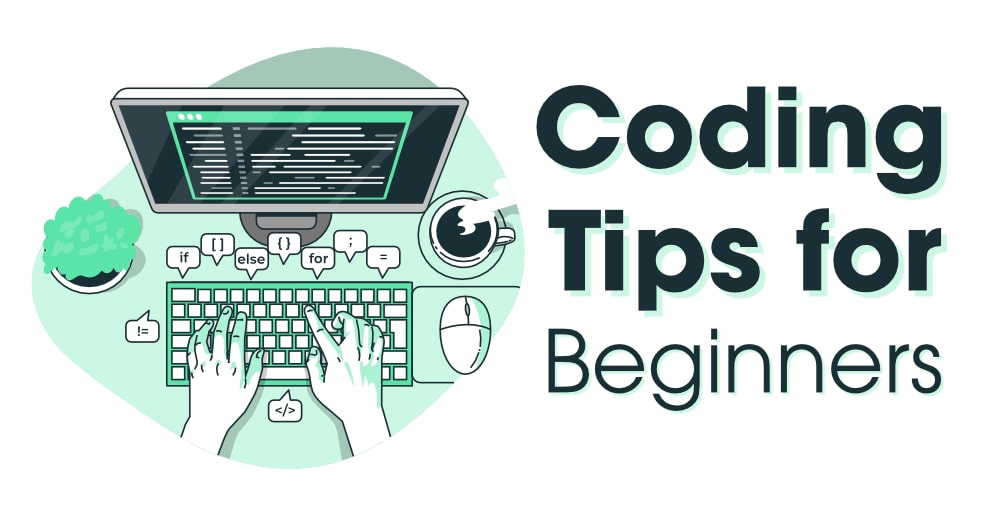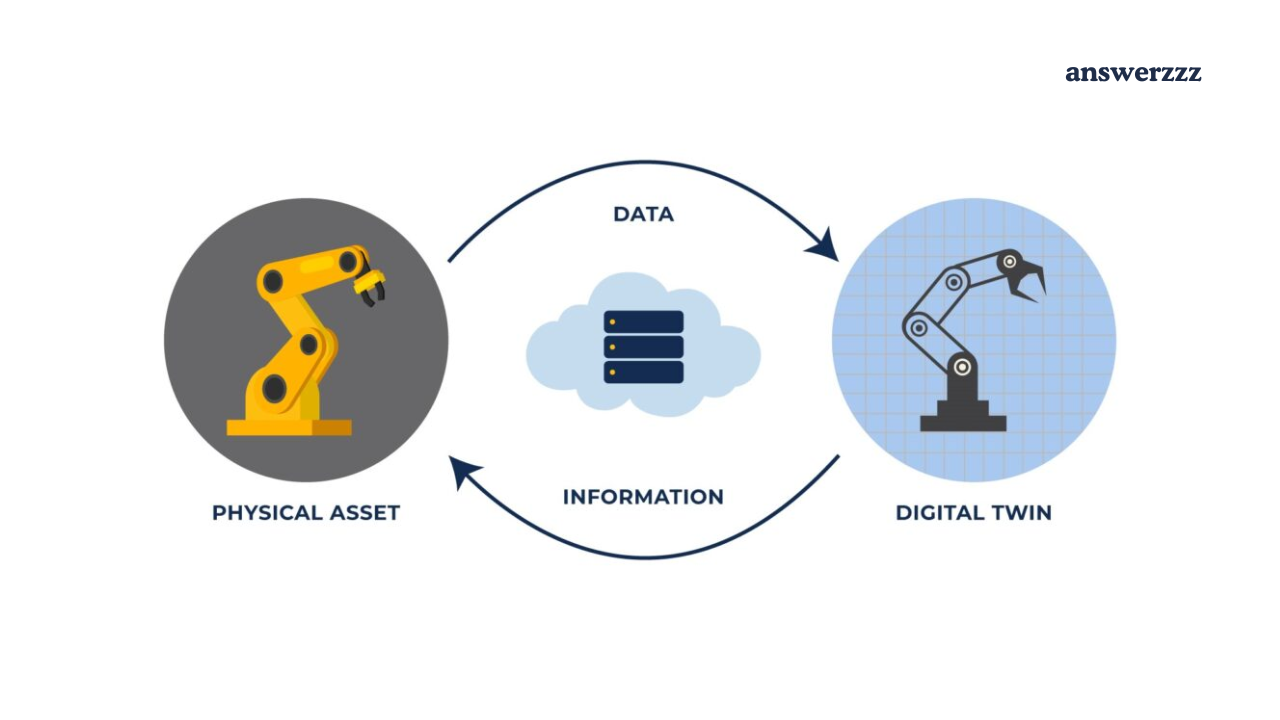The world of e-learning has evolved rapidly, with artificial intelligence (AI) playing a pivotal role in this transformation. Among the many advances, AI-powered analytics stands out for its ability to analyze vast amounts of educational data, enhancing learning outcomes, improving engagement, and personalizing the educational experience. The integration of AI-driven analytics into e-learning platforms not only benefits students and teachers but also revolutionizes institutions by allowing a data-driven approach to education. This transformation is reshaping how knowledge is imparted, tracked, and assessed, making education more adaptive, efficient, and accessible.
Personalized Learning Paths: Tailoring Education to Individual Needs

AI-powered analytics has introduced the concept of personalized learning paths in e-learning, which adapt content, difficulty levels, and teaching styles to each student’s unique needs. Traditional education methods often struggle with individualization, making it difficult to cater to a classroom of diverse learners with varying strengths and weaknesses. With AI analytics, platforms can continuously monitor a student’s performance, pinpoint areas where they excel or need improvement, and adapt the material accordingly. This ensures that each student progresses at their own pace, increasing both comprehension and retention rates. Personalized learning paths encourage a more inclusive educational experience, helping every learner achieve their potential.
In personalized learning, AI-powered analytics constantly gathers and analyzes data on students’ interactions, preferences, and assessment results. Based on this information, AI algorithms suggest personalized recommendations, alternative explanations, and even interactive exercises to help students overcome specific challenges. For instance, if a student struggles with a concept in a math module, the system might provide extra practice questions, and visual explanations, or even recommend a one-on-one session with a virtual tutor. These personalized touches transform the learning process, making education a more intuitive and responsive experience.
Enhanced Engagement and Interactivity Through Data Insights
One of the significant advantages of AI-powered analytics in e-learning is its ability to boost student engagement through insights-driven content. Engaged students are more likely to retain information and perform well in assessments. AI analytics identifies which learning materials capture students’ attention the most, be it through videos, quizzes, or interactive exercises. E-learning platforms can then emphasize these content types to keep students motivated and focused. Additionally, AI-powered systems track engagement metrics like time spent on tasks, click rates, and participation in discussions. This data enables teachers and institutions to understand how students interact with the content, allowing for adjustments to maintain optimal engagement levels.
For instance, AI analytics can pinpoint that students engage better with short, interactive quizzes than with lengthy text modules. Platforms can use this data to segment content into more digestible pieces and incorporate interactive elements that sustain interest. Instructors also benefit from this information, as they can tailor their teaching styles and resources based on real-time feedback. By enhancing engagement, AI analytics contributes to a more dynamic, interactive, and enjoyable learning experience, fostering better academic performance.
Real-Time Performance Monitoring and Instant Feedback
In traditional education, assessing student performance and providing feedback is a time-consuming process, often with delays between assessment and feedback. AI-powered analytics changes this by offering real-time performance monitoring, allowing students to receive instant feedback on their progress. E-learning platforms can now track every student’s progress in real-time, analyzing their answers, mistakes, and learning patterns. This instant feedback helps students understand their errors immediately, fostering a proactive approach to learning and improvement.
Real-time performance monitoring also benefits instructors, who gain valuable insights into how each student is progressing. By reviewing analytics dashboards, teachers can identify struggling students early on and provide targeted interventions. Furthermore, AI-powered analytics can alert teachers to broader trends, such as if an entire class is struggling with a particular concept, allowing them to revisit or clarify the material. This instant feedback loop empowers both students and instructors, leading to a more effective and responsive learning environment.
Predictive Analytics: Anticipating Student Success and Challenges
AI-driven predictive analytics is transforming how e-learning platforms anticipate student success and potential challenges. By analyzing historical data and identifying patterns in students’ academic journeys, AI-powered analytics can predict future performance outcomes. This enables educators to proactively address potential issues before they become significant obstacles. Predictive analytics not only helps students but also assists institutions in refining their curricula to better support student success.
For example, if predictive analytics indicate that a student is likely to struggle with an upcoming module based on past performance, the system can provide additional resources or recommend supplementary material. This proactive approach reduces dropout rates, enhances retention, and ultimately fosters a culture of academic success. Institutions can also use predictive analytics to make strategic decisions, such as implementing targeted support services for students at risk of falling behind. Predictive analytics ensures that students receive the support they need at the right time, increasing their chances of academic success.

Streamlined Administrative Processes and Resource Allocation
AI-powered analytics does not only benefit students and teachers but also significantly improves institutional operations. By analyzing data on student performance, engagement, and completion rates, institutions can make more informed decisions about resource allocation, course offerings, and administrative processes. This data-driven approach allows institutions to optimize their resources, focusing on areas that need additional support and reallocating resources from less effective areas.
For instance, if an institution notices through AI analytics that certain courses have low engagement or completion rates, it can investigate and make necessary adjustments, such as improving the course material or providing additional support. This optimization improves the overall quality of education while ensuring that resources are used efficiently. Furthermore, AI-powered analytics can automate administrative tasks like attendance tracking, grading, and reporting, freeing up instructors’ time for more valuable tasks, such as one-on-one student interactions and curriculum development. This efficiency enables institutions to focus on their core mission—delivering high-quality education.
Adaptive Assessments: A New Era of Testing and Evaluation
Traditional testing methods often fail to accurately reflect a student’s understanding of a subject. AI-powered analytics enables adaptive assessments that dynamically adjust the difficulty level of questions based on the student’s performance during the test. Adaptive assessments are a more accurate measure of a student’s comprehension because they challenge students without overwhelming or under-challenging them. This ensures that each student’s performance is evaluated fairly, regardless of their starting skill level.
With adaptive assessments, students are more likely to receive test results that genuinely reflect their knowledge and abilities. AI-powered analytics tracks their responses and tailors the assessment experience in real-time. For example, if a student answers several questions correctly, the system may increase the difficulty level to assess deeper understanding. Conversely, if a student struggles, the system can adjust to a level that better suits their current abilities, creating a more supportive evaluation process. These adaptive assessments allow for a more nuanced understanding of each student’s strengths and areas for improvement.
Data-Driven Content Creation: Crafting Effective Learning Materials
Creating effective e-learning content is a challenging process, requiring insights into what works best for students. AI-powered analytics revolutionizes content creation by providing detailed insights into student preferences, engagement levels, and learning outcomes. By analyzing which content types (e.g., videos, interactive simulations, quizzes) are most effective, AI-powered systems can guide educators and content creators in designing materials that resonate with students.
For instance, if data shows that students retain information better through interactive video content, educators can prioritize this format in future course materials. Additionally, AI analytics can reveal which specific concepts students struggle with, prompting content creators to develop supplementary resources that address these pain points. This data-driven approach to content creation ensures that e-learning materials are not only informative but also engaging and accessible, ultimately enhancing the learning experience.
Supporting Continuous Professional Development for Educators
AI-powered analytics also plays a crucial role in the professional development of educators. By analyzing data on student performance and engagement, instructors can gain insights into the effectiveness of their teaching methods. This feedback allows educators to reflect on their approaches, identify areas for improvement, and adjust their teaching styles to better meet the needs of their students.
Additionally, many e-learning platforms now offer training modules for educators based on AI analytics, helping them adapt to new teaching technologies and methodologies. For example, if an educator’s students consistently struggle with a particular topic, the platform might suggest professional development resources focused on alternative teaching strategies for that subject. AI analytics fosters a culture of continuous learning among educators, empowering them to enhance their teaching effectiveness and stay current with the latest e-learning trends.
Accessibility and Inclusivity in E-Learning
AI-powered analytics is paving the way for a more inclusive and accessible e-learning environment. By analyzing student data, e-learning platforms can identify accessibility needs and adapt learning materials to suit diverse learners, including those with disabilities. For instance, if analytics reveal that a significant number of students are struggling with text-based content, the platform may offer audio or video alternatives, making the content accessible to a broader range of learners.
Furthermore, AI-powered analytics can identify students with specific learning needs, such as those with dyslexia or ADHD, and suggest tailored learning strategies. This promotes inclusivity, ensuring that all students, regardless of their backgrounds or abilities, can access high-quality education. AI-powered analytics thus supports the democratization of education by making e-learning platforms more adaptable to various learning styles and abilities.

Looking to the Future: The Evolving Role of AI in E-Learning
As AI-powered analytics continues to evolve, its impact on e-learning is expected to deepen. With advancements in machine learning and big data, AI analytics will become even more adept at predicting student needs, creating hyper-personalized learning experiences, and optimizing educational resources. The future of e-learning lies in the hands of AI, promising an educational landscape where data-driven insights empower educators and students alike. This shift will result in more intelligent, responsive, and inclusive learning environments that can cater to the needs of a diverse, global student population.
The transformation brought about by AI-powered analytics is not only a technological advancement but a philosophical shift in how we approach education. As institutions continue to embrace AI-driven insights, the potential for a more effective, accessible, and personalized e-learning experience grows.



